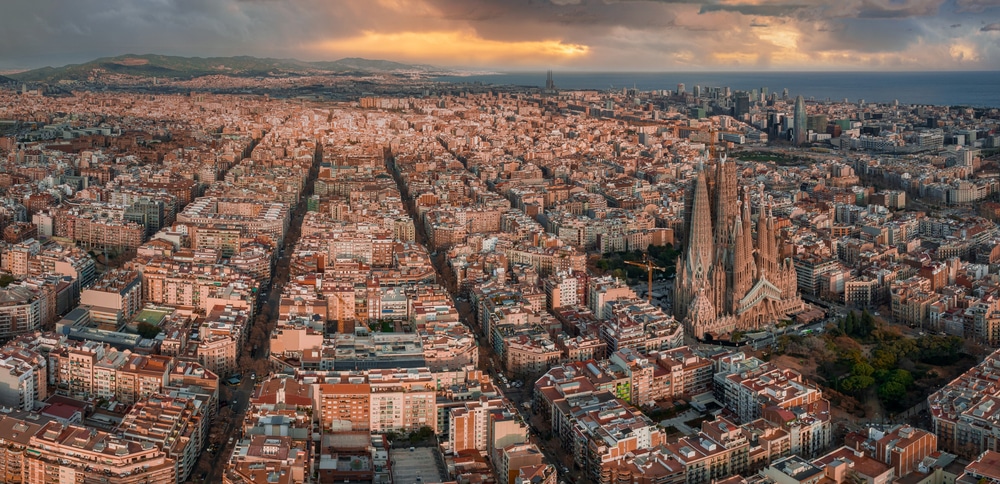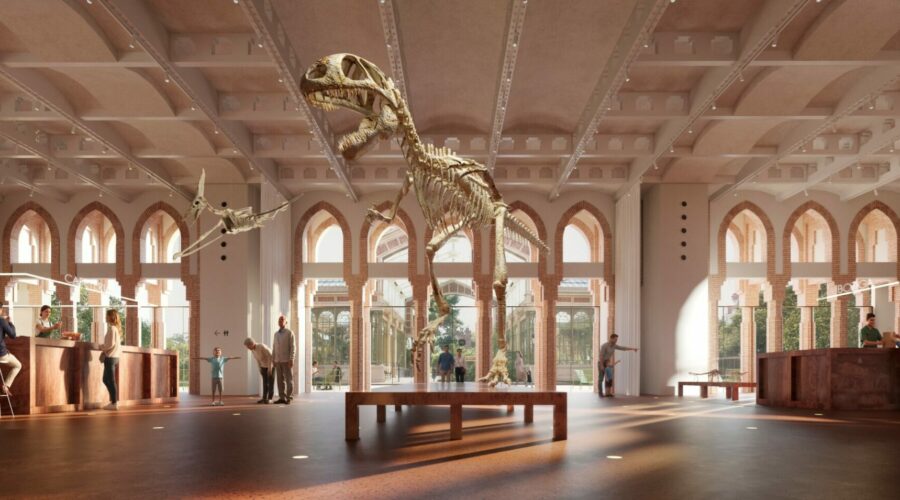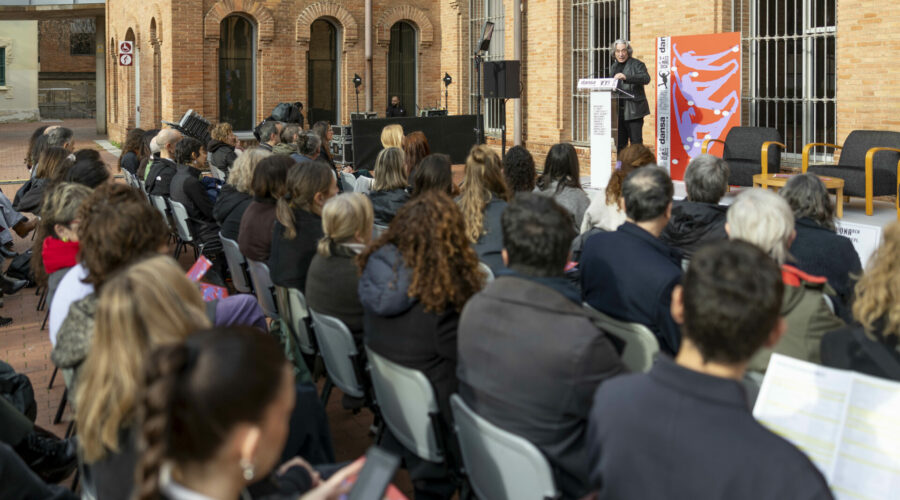The Eixample District has decided to ban alcoholic routes between public establishments for the next two years. This action seeks to improve neighborhood coexistence and follow the example of Ciutat Vella, a district that already applies restrictions with positive results. The measure, recently published in the Official Gazette of the Province of Barcelona (BOPV), establishes the total prohibition of organizing routes to consume alcohol between 19:00 and 07:00 hours. It does so with the aim of maintaining public order and avoiding an increase in the supply of alcoholic beverages by some establishments.
 The context of the measure
The context of the measure
The Eixample District considers that these alcoholic routes are incompatible with citizen coexistence and with the rest of the neighbors. In addition, public safety is endangered when these activities are allowed. Many citizens have expressed their concern about the bad atmosphere generated by alcohol consumption routes, especially in areas with a high density of leisure establishments, such as the one around Enric Granados.
This new restriction is introduced at a time when there was already great social pressure to control alcohol consumption among minors and in public spaces. The number of 366 sanctioning procedures opened for illegal actions related to alcohol consumption during 2023 and 2024 make this clear. The Guardia Urbana and the district’s inspection services work tirelessly to ensure compliance with the regulations.
The importance of coexistence
Citizen coexistence is the link between the various justifications for the ban. The measure seeks to protect the free movement of people and preserve the tranquility of the neighbors of the Eixample. Complaints about noise and insecurity often associated with alcoholic routes have led the authorities to take a step in this direction. It is not only about the supply of alcoholic beverages, but also about how this affects the quality of life in an already dense urban context.
Residents of the Eixample have stated that their rest is constantly interrupted by actions linked to tourism and nightlife. This has led them to ask for severe measures to balance the needs of tourism with the right to a peaceful rest.
Impact on tourism
Another important factor is tourism. The Eixample, as a district with a high tourist influx, cannot allow tour operators to implement alcohol routes that spoil the image of the city. District officials argue that these practices not only pose safety risks, but also deteriorate Barcelona’s attractiveness as a tourist destination.
The authorities intend, with this measure, to curb routes that may negatively affect the perception of visitors. Actions to reduce irresponsible alcohol consumption seek to preserve Barcelona’s reputation as a safe and welcoming place.
Comparison with Ciutat Vella
The positive results obtained by Ciutat Vella since the entry into force of its prohibitive measure serve as a model. The Eixample authorities have closely analyzed the effects that the limitations have had in those neighborhoods. They have observed a notable decrease in nuisances related to alcohol consumption in public spaces, and a significant improvement in the coexistence of neighbors.
The strategy forces people to rethink their activities, promoting a culture of responsible consumption. This is a change that, in the long term, can be beneficial for both locals and tourists.
Future projection
The entry into force of the new regulation will be set for June 1, 2025, after a public information period of twenty days. This decision opens the door for interested parties to file arguments against the ban. But, with the experience and results of other districts, the likelihood that the measure will be implemented seems high.
The perspective is clear: both neighbors and authorities have to work together to make the Eixample a more livable space. Society needs to recover meeting places where it can enjoy leisure without fearing for its safety and tranquility.
Improving the quality of life for neighbors
In short, the prohibition of alcoholic routes in the Eixample not only seeks to control alcohol consumption, but also to improve the quality of life for neighbors. The measure, which has already proven effective in other neighborhoods such as Ciutat Vella, promises a positive impact. The goal is clear: to live together in harmony, keeping the district a pleasant place for everyone.


 The context of the measure
The context of the measure
